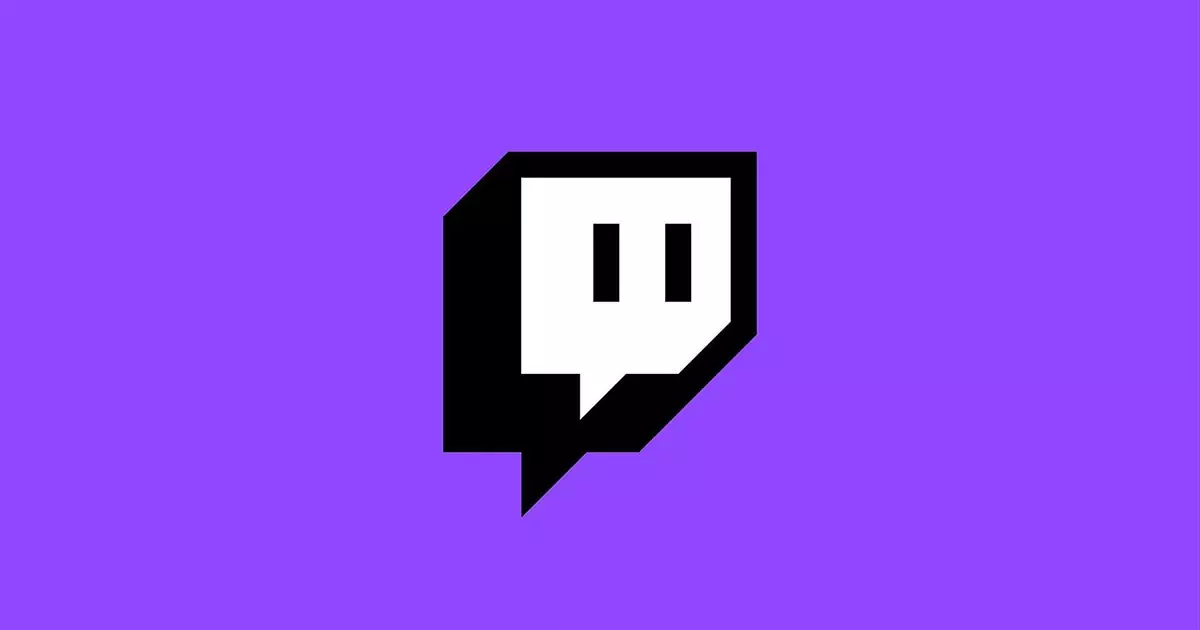The recent suspension of popular Twitch streamer Zack Hoyt, better known as Asmongold, for expressing controversial views on the Israel-Palestine conflict signals a complex intersection of free speech, community standards, and the responsibilities of influencers. The two-week ban highlights the precarious balance that platforms must maintain between allowing open dialogue and curbing harmful speech.
In October 2023, escalating violence between Israel and Palestinian groups, particularly Hamas, led to a catastrophic loss of life and significant destruction in Gaza. In the chaos, more than 42,000 Palestinians lost their lives due to Israel’s military operations, leading the United Nations to echo longstanding concerns about actions that some classify as a form of apartheid. It is within this charged backdrop that Asmongold’s comments surfaced, unveiling not only his personal views but also the broader societal attitudes toward the complex and deeply rooted issues at play.
While opinions on the conflict are as diverse as its history, Asmongold’s remarks bordered on inflammatory. He characterized the situation as deserving of violence against Palestinians, suggesting that their culture is inferior and carries inherent violence. Such lines of reasoning become dangerous in online forums, fostering environments where hate speech can proliferate under the guise of free expression. His comments not only risk normalizing extreme ideologies but also illustrating how personal biases can shift discussions from dialogue toward demonization.
Twitch, primarily a platform for gamers and live streamers, faces the monumental challenge of enforcing community guidelines that govern users’ behavior. The company has a history of being reactive rather than proactive about moderating hate speech. While it was swift to act following Asmongold’s tirade, imposing a ban that effectively prevents him from influencing his millions of followers, the enforcement’s severity raises questions. Would a mere two-week suspension be sufficient to address the potential harm of perpetuating hate? Furthermore, the efficacy of the ban is questionable as it only applies to his secondary account, allowing him to continue posting and monetizing content through his primary account and YouTube.
Twitch’s community guidelines explicitly prohibit hate speech, designed to uphold an inclusive and respectful atmosphere. In deciding to temporarily ban Asmongold, Twitch appears to be acknowledging the potential impact of his words; however, the relatively limited time frame of the suspension suggests a reluctance to enforce its policies the way they might against less influential figures.
Asmongold’s backlash to his comments came swiftly. Following his inflammatory statement, many voices across social media condemned his rhetoric, citing it as dangerously dehumanizing. Critics argue that such ideologies are part of a larger pattern that historically justifies violence against marginalized communities. Asmongold has since issued an apology, stating he was “way too much of an asshole” in sharing his views. Despite this, the damage done within the community remains palpable, illustrating how influential figures have the power to shape narratives and sway public opinion, often in harmful directions.
The dialogue surrounding Asmongold’s comments is further complicated by the platform’s policies and its selective enforcement. Several commentators have drawn comparisons to the decision to reinstate Donald Trump’s account after a ban related to the January 6 insurrection, which raises questions about the criteria used to evaluate the seriousness of different infractions. Such inconsistencies not only frustrate users but also put into question how platforms can claim to be neutral when they monitor speech selectively based on popularity or follower count.
The incident involving Asmongold is emblematic of a larger crisis in online discourse. As influencers wield significant power to shape perspectives across platforms, the burden to foster constructive dialogue weighs heavily on both individuals and platforms. The growing trend of normalizing hate speech in certain circles reflects an unsettling shift in accepting intolerance or discrimination in the name of free speech.
This situation serves as a reminder of how essential it is for content creators to wield their influence responsibly. It begs a larger societal reflection on the distinction between valid discourse and the recalibration of dehumanizing narratives that lead toward violence. Perhaps most critically, it also calls for platforms to adopt more robust methods of accountability—insisting that commentary ranging from insensitivity to outright hatred should have real consequences, not just temporary bans that allow harmful sentiments to fester and grow.
As the lines between free speech and hate speech continue to blur in the digital landscape, Asmongold’s case serves as both a cautionary tale and an urgent call to action for greater accountability and compassion in public discourse.

